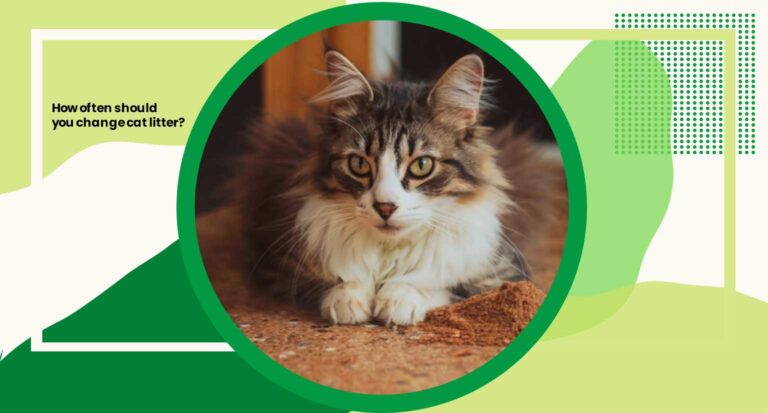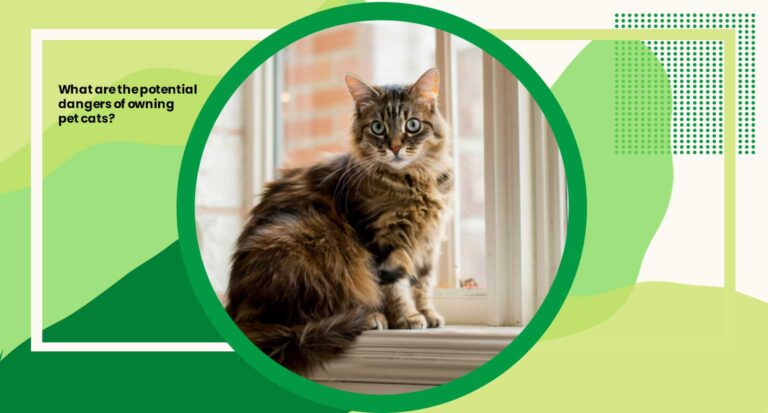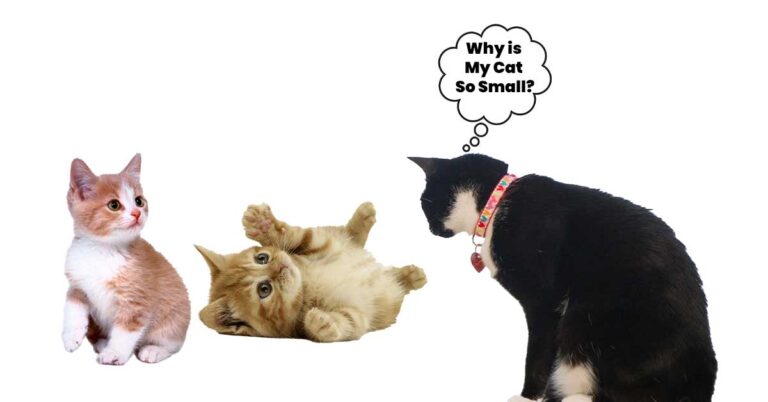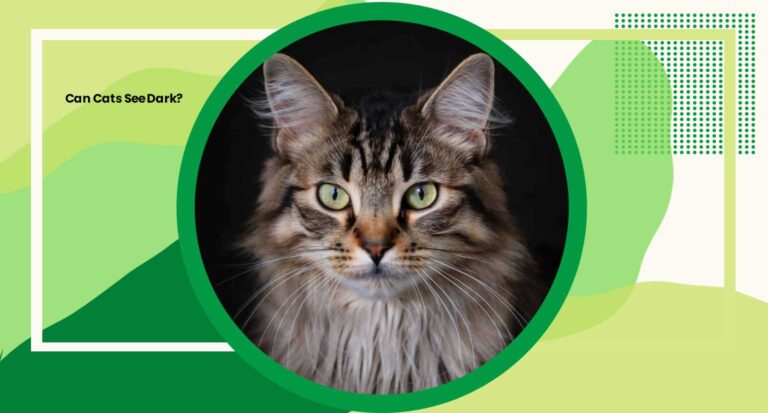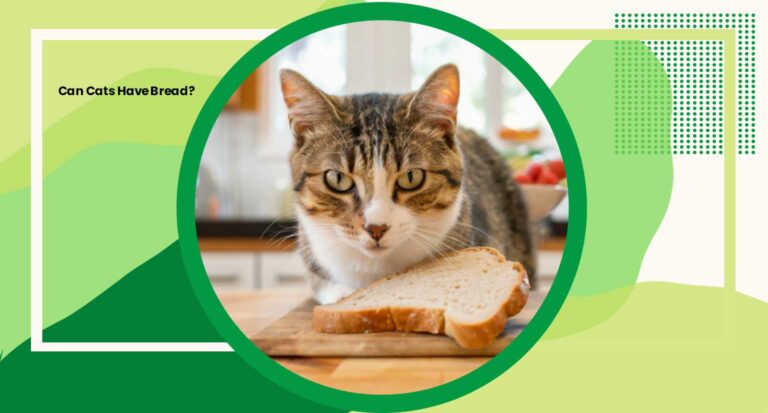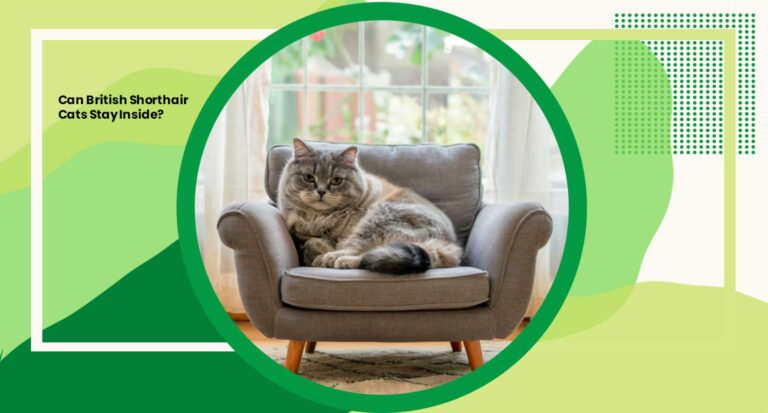What are the Disadvantage of British Shorthair Cats? 5 Critical Drawbacks Unveiled
In the realm of feline companionship, British Shorthair cats stand out for their undeniable charm and distinctive characteristics. However, prospective owners must consider the potential drawbacks that come with these adorable fur balls.
Unveiling the less glamorous side of owning a British Shorthair, into the disadvantages that individuals should weigh before making this delightful breed a part of their family. What are the Disadvantage of British Shorthair Cats?
15 Disadvantages Of British Shorthair Cats
Grooming Needs
British Shorthair cats have dense, plush coats that require regular grooming to prevent matting and hairballs. Owners should be prepared for frequent brushing sessions to keep their pet’s coat healthy and tangle free.
Shedding
Despite their short hair, British Shorthairs shed moderately throughout the year. This can lead to a buildup of loose hair around the home, requiring consistent cleaning to maintain a tidy living space.
Weight Gain
British Shorthairs are prone to obesity, especially if their diet and exercise regimen are not carefully monitored. Owners must be vigilant about portion control and providing opportunities for physical activity to prevent weight related health issues.
Respiratory Problems
Due to their flat faces and short noses, British Shorthairs are predisposed to respiratory issues such as snoring, wheezing and difficulty breathing, particularly in hot or humid environments.
Dental Health
The breed is also prone to dental problems, including gum disease and tooth decay. Regular dental care, such as brushing their teeth and providing dental treats, is essential to maintain oral hygiene.
Prone to Stress
British Shorthairs can be sensitive to changes in their environment or routine, leading to stress related behaviors such as hiding, excessive grooming or aggression. Owners should strive to create a stable and comforting atmosphere for their feline companion.
Socialization Needs
While British Shorthairs are generally affectionate and sociable, they may require time to warm up to new people or animals. Proper socialization from an early age can help prevent shyness or aggression towards unfamiliar individuals.
Potential Allergies
Some individuals may be allergic to British Shorthair cats, particularly to their dander or saliva. Prospective owners with known allergies should spend time with the breed before committing to adoption.
Clinginess
British Shorthairs are known for their loyalty and devotion to their owners, which can sometimes manifest as clingy behavior. While affectionate, they may demand constant attention and become distressed when left alone for extended periods.
Vocalization
Although not as vocal as some other breeds, British Shorthairs can still express themselves through meowing, particularly when hungry, bored or seeking attention. This trait may not be suitable for owners who prefer a quieter pet.
Climbing Tendencies
With their strong, muscular bodies, British Shorthairs have a natural inclination to climb and explore their surroundings. Owners should provide appropriate outlets for this behavior, such as cat trees or shelves, to prevent furniture damage.
Prone to Urinary Issues
Male British Shorthairs, in particular, may be susceptible to urinary tract problems such as blockages or infections. Ensuring they have access to fresh water and a clean litter box can help mitigate these risks.
Heat Sensitivity
British Shorthairs can struggle to regulate their body temperature in warm climates, making them more susceptible to heatstroke or discomfort during hot weather. Providing access to cool, shaded areas and plenty of fresh water is essential.
High Maintenance
While they may not require as much grooming as long haired breeds, British Shorthairs still demand attention and care from their owners. From regular veterinary check ups to ensuring their nutritional needs are met, owning a British Shorthair involves a significant commitment of time and resources.
Lifespan Considerations
While British Shorthairs are generally healthy cats, they have an average lifespan of 12 to 20 years. Prospective owners should be prepared for the long term commitment and potential veterinary expenses associated with caring for a pet throughout their lifespan.
Are British Shorthair Cats Aggressive?
Temperament of British Shorthair Cats
British Shorthair cats are not typically known for being aggressive. In fact, they are often described as gentle, affectionate and even tempered animals. However, like any breed, individual personality traits can vary and certain factors may influence behavior.
Potential Triggers for Aggression
While British Shorthairs are generally calm and placid, there are instances where they may exhibit aggression. These situations can include.
Territorial Instincts
British Shorthairs, like many cats, have a strong sense of territory. They may become aggressive if they feel their territory is threatened by other pets or unfamiliar individuals.
Stress
Changes in the environment, such as moving to a new home or the introduction of a new pet, can cause stress in British Shorthairs, leading to potential aggression as a coping mechanism.
Pain or Discomfort
Cats may become aggressive if they are experiencing pain or discomfort due to illness, injury or dental issues. It’s essential to monitor their health and address any underlying medical issues promptly.
Overstimulation
Like many cats, British Shorthairs have their limits when it comes to affection and play. Overstimulation, such as excessive petting or rough play, can trigger defensive behavior, including aggression.
Unmet Needs
British Shorthairs thrive on routine and stimulation. If their physical or mental needs, such as adequate exercise, mental enrichment or attention, are not met, they may become frustrated and exhibit behavioral issues, including aggression.
Preventing and Managing Aggression
While British Shorthairs are not inherently aggressive, it’s crucial for owners to understand and address any potential triggers to minimize the risk of aggressive behavior. Strategies for preventing and managing aggression in British Shorthair cats include.
Providing a Safe Environment
Create a secure and comfortable environment for your British Shorthair, minimizing potential stressors and conflicts with other pets.
Regular Veterinary Care
Schedule routine check ups with a veterinarian to monitor your cat’s health and address any medical issues promptly.
Consistent Socialization
Introduce your British Shorthair to new people, animals and experiences gradually and positively to reduce anxiety and build confidence.
Appropriate Play and Interaction
Engage in interactive play sessions and provide mental stimulation to keep your cat entertained and satisfied.
Respect Boundaries
Learn to recognize your cat’s body language and signals, respecting their boundaries and avoiding situations that may lead to overstimulation or aggression.
With proper care, attention and understanding of their needs, British Shorthair cats can be loving and well behaved companions, rarely exhibiting aggressive behavior.
Conclusion
While British Shorthair cats undoubtedly possess many endearing qualities, it’s essential for prospective owners to consider the potential drawbacks carefully. From shedding and health concerns to grooming needs and temperament quirks, each disadvantage plays a role in the overall decision making process.
Ultimately, the decision to bring a British Shorthair into your home should be based on a thorough understanding of both the advantages and disadvantages, ensuring a harmonious and fulfilling relationship for both you and your feline companion.


